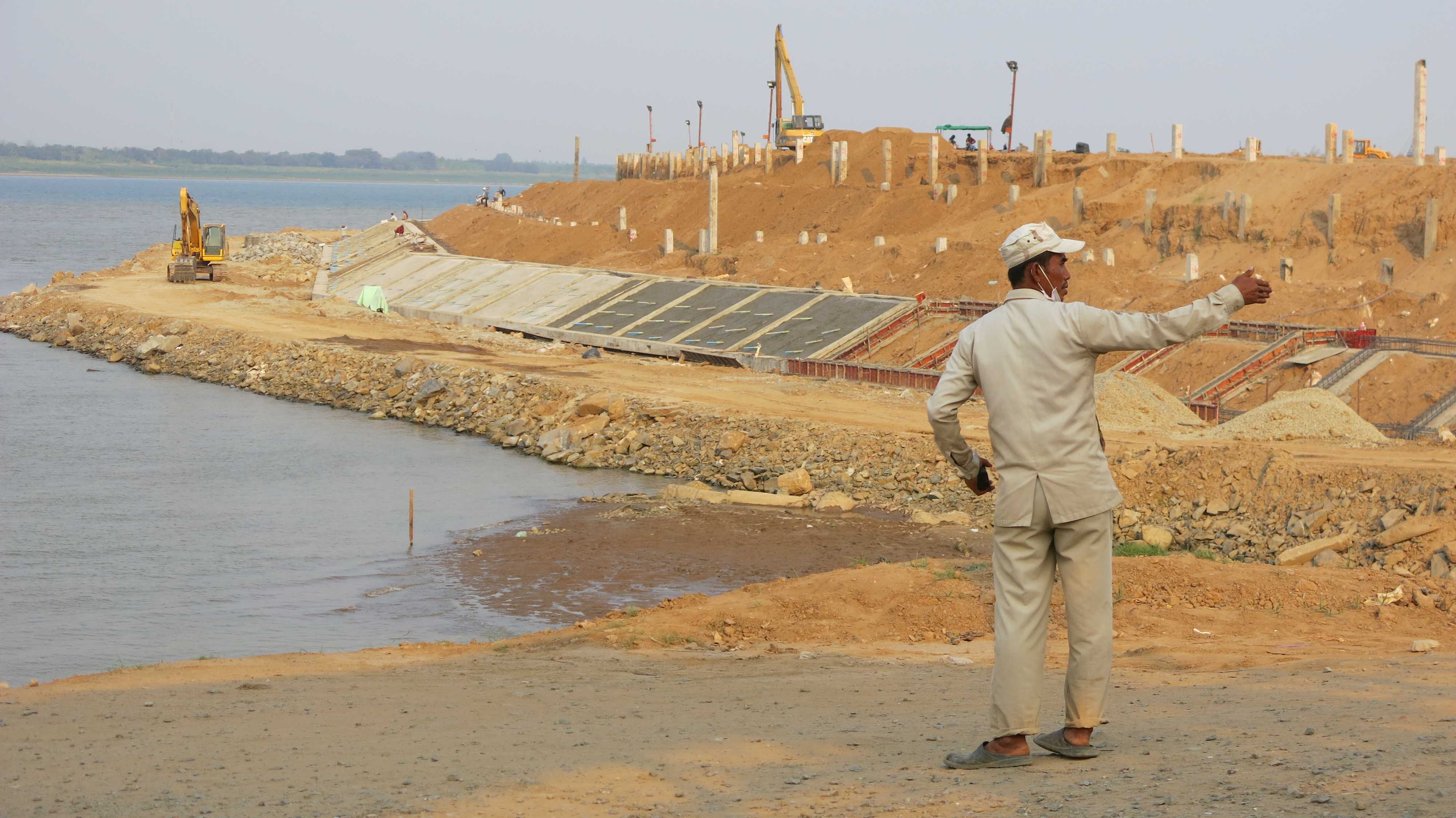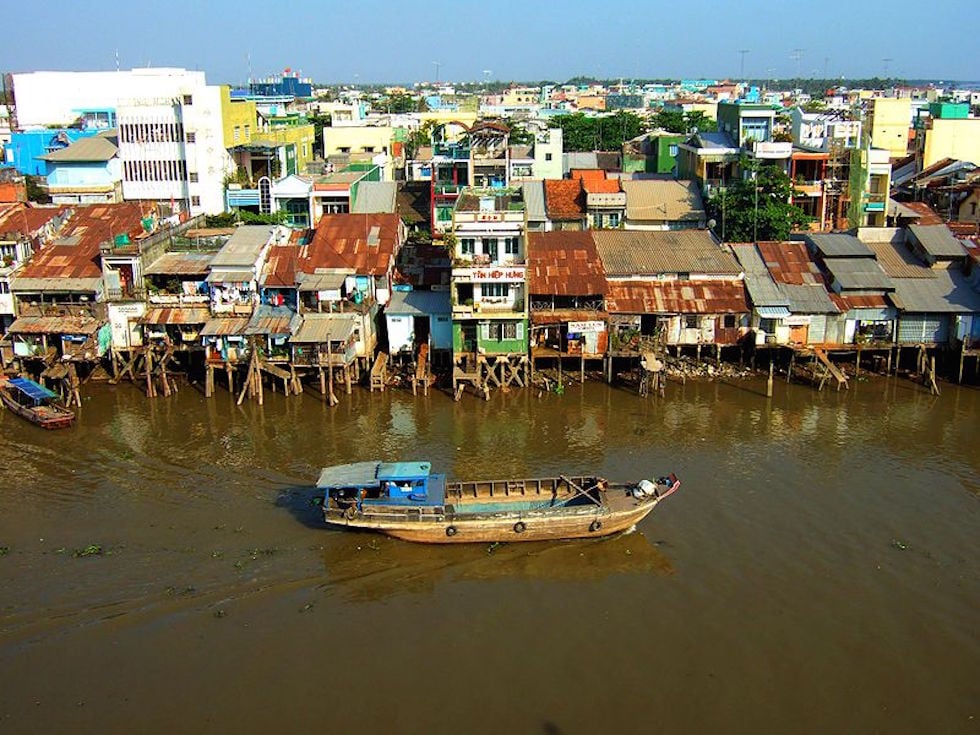The fallout from the Great Fall in financial markets, equities and currencies is ricocheting through the regional economy and beginning to exact a toll – initially among badly-run companies and poorly-managed government institutions.
Category: Analysis
What a New Vietnam-Russia Deal Says About the Mekong’s Future
It is potentially an unusual business transaction. While the prospect of a Vietnamese company taking over a Russian group in of itself is unusual, the buyout of a strategic stake in a major fish distributor is also a reflection of changing attitudes to the management of the Mekong River.
Food security is the priority issue dominating the political agenda surrounding the lower Mekong subregion for the Vietnamese and Cambodian governments. It’s a stark contrast to thinking in Laos, which sees the Mekong primarily through the lens of hydropower.
China drives water cooperation with Mekong countries
China is more closely involved in cross-border cooperation on hydropower and water management after the six countries that share the Mekong River signed a landmark agreement late last year.
While more needs to be done between these countries to resolve disputes and encourage transparency over dam building and shared water management, the agreement signals a greater willingness to discuss areas of discord that have soured relations in the region in the past.
During their meeting in in China’s southern province of Yunnan in November 2015, the foreign ministers of China, Myanmar, Laos, Thailand, Cambodia, and Vietnam launched the Lancang-Mekong Cooperation Mechanism (LMCM), an initiative pitched at the November 2014 Summit Meeting between China and the Association of Southeast Asian Nations (ASEAN) in Naypyidaw, Myanmar.
Risks loom for Myanmar’s Kyaukphyu Economic Zone
The end of 2015 saw a series of major announcements and decisions regarding Myanmar’s latest special economic zone (SEZ) in Kyaukphyu township of Rakhine State. In late December, Myanmar’s government approved the demarcation of land for the SEZ and awarded tenders to develop the SEZ to a CITIC Group-led consortium.
With AIIB, Nation Diversifies Funding Options
Though it’s extremely early days, experts this week welcomed Cambodia’s membership to the nascent China-led Asian Infrastructure Investment Bank (AIIB), saying it would provide much-needed diversity of funding for the nation’s infrastructure and connectivity needs.
Launched in Beijing last weekend, the multilateral development bank aims to support infrastructure growth in the Asia-Pacific region through the provision of loans, and supports China’s ambitious “One Belt, One Road” initiative to boost trade and connectivity across the Eurasian landmass.
Ecological trade-offs
Hydroelectric dams grace bank notes in developing countries, from Mozambique to Laos, Kyrgyzstan to Sri Lanka, a place of honor reflecting their reputation as harbingers of prosperity. That esteem, now enhanced by hydropower’s presumed low-carbon profile, continues to overrule concerns about environmental consequences and displaced people, as evidenced by a surge in dam-building in the developing world.
A recent paper in the journal Nature Climate Change suggests a seemingly obvious, yet novel approach: Bring in aquatic scientists at the beginning so that engineers can consider ecological principles first, not last. The paper came out of meetings organised by the National Socio-Environmental Synthesis Center in Annapolis, Maryland, in 2013. Engineers and aquatic scientists discussed their core requirements for a hypothetical case study of the Iowa River in the United States.
What Will an NLD Government in Myanmar Mean for Business?
Investors have up to now been cautious on entering Myanmar due to lingering sanctions, while others who have been waiting out political uncertainties may be assured by the NLD’s sweeping victory, which leaves little doubt over the preference for fully civilian rule.
Failure to engage local communities is costing investors big money, according to a new analysis
Conflicts between local communities in developing countries and governments and corporations seeking to exploit natural resources pose a serious threat to investors’ bottom lines, according to new research.
UK-based consultancy TMP Systems studied 262 agriculture, energy and mining sector disputes with local populations in developing countries and found that 67 percent of the time those conflicts had a materially significant impact on investors.
Land conflicts and human rights abuses in resource-rich developing countries from Southeast Asia to Latin America to Africa have become more and more common amidst growing demand for commodities like palm oil, soy and beef.




